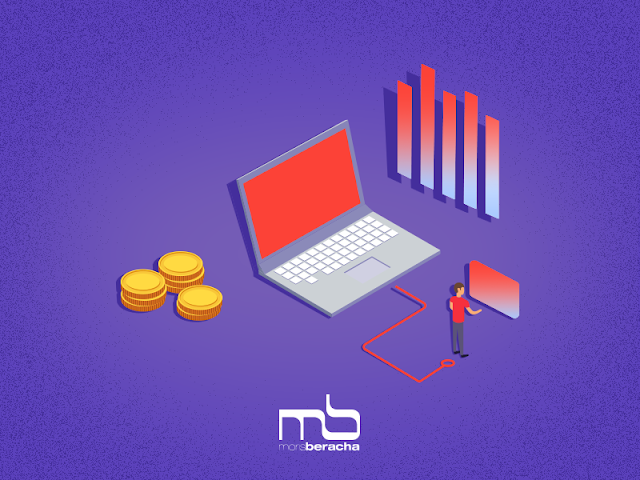Is Bitcoin A Credible Payment System For Terrorists?

By Nikita Malik | Forbes Bitcoin photo credit: Getty Getty According to a 2015 Europol report , bitcoin was used in over 40% of high profile investigations involving payments between criminals in the European Union. To understand why this is, we must examine the anonymity that such a service offers. Bitcoins are created through a process of ‘mining’ to verify each transaction on the blockchain. While information regarding each transaction is recorded on the blockchain, it is not directly linked to names, physical addresses, or other identifying information. This makes it anonymous to a certain degree, and complicates efforts by law enforcement agencies to identify individual transactions and link them to users. Terrorists and criminals use bitcoin for illicit transitions, as it provides financial security. The blockchain acts as an impartial intermediary, ensuring that coins are irrevocable once spent. The network hampers any attempt made to rec





